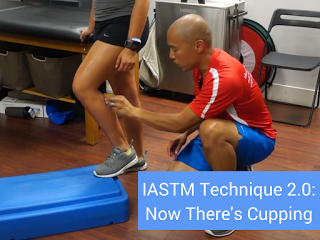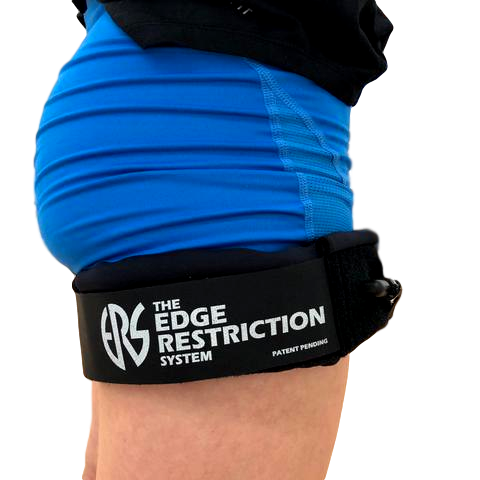Here are some points from my recent lecture on Soft Tissue Patterns on Rapid and Slow Responders.
I also wrote about this here. Also, try google image for deranged person or derangement. Some odd results in there! Anyway...
I chose those terms as classifications instead of derangement and dysfunction because MDT clinicians often call a patient deranged. Who is deranged? A patient who is responding quickly to repeated loading or the clinician for calling a patient that to their face?
1) Rapid Responders
- will have a greater than 25% change in
- ROM
- pain
- location
- intensity
- duration
- function
- are often limited in one direction and have a directional preference (DP)
- they are acute or subacute
- if chronic, they most likely have episodic Sx presentation, despite having it for months/years, it goes away for long periods of time
- do not exhibit signs of central sensitization typically
- respond to repeated end range loading, and most manual treatments, but mechanically need the right direction to start moving and feeling
- will have greater improvements lasting between visits
2) Slow Responders
- are usually chronic in nature
- may or may not have central sensitization and fear avoidance for movement
- usually have poor motor patterns developed in response to pain and/or lack of mobility
- will have less than 25% improvement in pain, ROM, strength, etc after a treatment
- respond better to graded exposure to movement
- need a lot of education on the importance of movement, but end range is usually not tolerated well
- this may be an area that is adjacent to a rapid responding one
- i.e. Rapid Responding lumbar spine, Slow Responding Hip
- it's not no pain, no problem - get the slower responding DNs moving better to improve the greater picture!











Post a Comment
Post a Comment